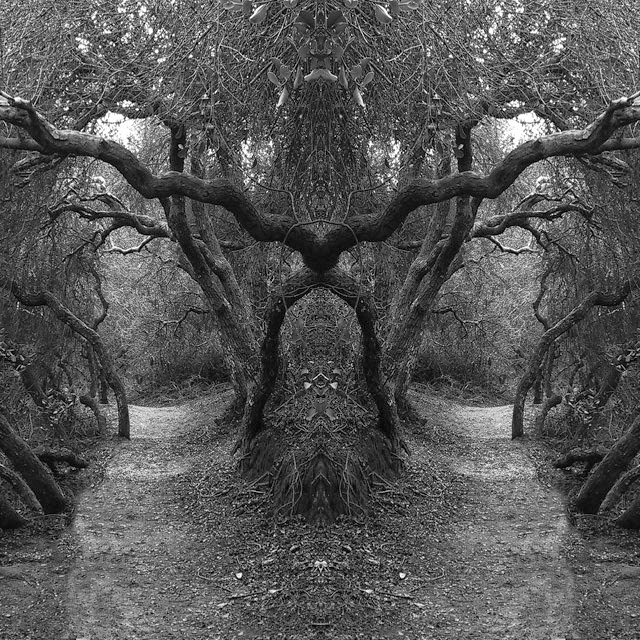In Shakespeare’s As You Like It, There
is a replique uttered not in this era, yet incredibly immersed in it:
“All the world's
a stage,
And all the men and
women merely players;
They have their exits and their entrances.”
This is a timeless image and a timeless fact as well.
Human beings stand on the stage that is Life, as numb recipients of a painfully
monotonous and reiterative set of societal dictates, set and motioned on a path
unwanted. Their course of being is designed and thrust upon them by the force
of conventionality. To be restricted to perhaps an involuntary role while we
exist is lethal to the spirit. It unveils how futile life can be if we let it.
Only if we let it !
The mad king Lear in Shakespeare’s King Lear
cries in a fit of despair:”Is man no more than this ?” One should pause and
consider the simple yet loaded question begot by lunacy … Perchance the senile
is the inevitable companion of the wise.
So, is Man genuinely nothing but a mere player ? Does he willingly abide by the rules of a game
he initially despise ? Does he reach self-fulfillment through the consistently
imitative acts that weave the existence ? Was Plato entirely right in his
depiction of the human creativity ?
If the individual solely replicates what he sees and
what he learns, if he follows blindly the agreed-upon dull customs, if he
uniquely performs the role that society assigned to him for the sustenance of
Normality, how will his innovative spirit surface ? Where does his originality,
if not his Humanity, lie ?
The human being does, more often than not, carry on a
loathsome mode of being, for what ? To be safely but tastelessly standardized
and classified as an entity assuming a function, it does not matter what it is
as long as his energies are exhausted for “the higher good” of the community.
People want to be categorized. They desire to be a set
of permanent components integrated inside the lifeless circle of ordinariness.
Safety for them is a chain of days tinged with similarity. They fear the new,
the enigmatic, the excitingly hazardous that might cost them their place in the
realm of conformity. Fear should have been one of The Seven Deadly Sins. It is
self-destructive. It annihilates all that is ardent and vivid within the soul
and the cacophonous alliteration of this life-consuming pattern can bring forth
the notorious Waste Land invoked by T.S Eliot.
We are afraid to engage to the different, to the
exquisitely fulfilling different. We recoil before unknown paths because they
are not safe and guaranteed to the common mind. Perhaps we should stop and
brood over the last lines of Robert Frost’s famous poem The Road Not
Taken:
“Two roads diverged in a wood and I
I took
the one less traveled by,
And
that has made all the difference."
To feel the difference, the world needs not be a
stage; it has to be a painting. Life is all about choices. It is a series of
decisive moments, and these decisions should mirror the individualistic power
of the person, and not further fortify the unquestionably collective
complacency. Life
is like a painting because every human looks at life and detects a singular
meaning that is his own, freely his own. Although framed within a canvass, a
painting activates the viewer’s ability to form a plethora of readings, so is
life; readings are choices to adopt a certain idea, to follow a certain path …
May it be the path by which our souls blossom and our
lives prove worth living …


